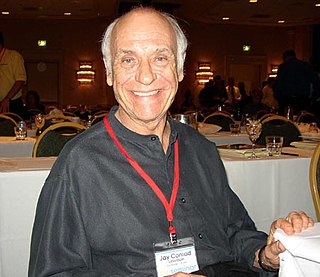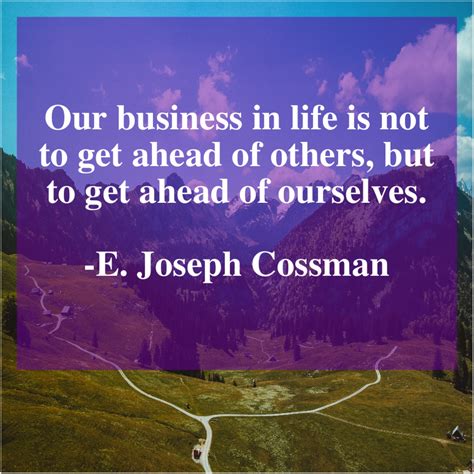A Quote by W. Edwards Deming
New product and new types of service are generated, not by asking the consumer, but by knowledge, imagination, innovation, risk, trial and error on the part of the producer, backed by enough capital to develop the product or service and to stay in business during the learn months of introduction.
Related Quotes
If you think of the product as a service, then the separate parts make no sense - the point of a product is to offer great experiences to its owner, which means that it offers a service. And that experience, that service, comprises the totality of its parts: The whole is indeed made up of all of the parts. The real value of a product consists of far more than the product's components.
No product is an island. A product is more than the product. It is a cohesive, integrated set of experiences. Think through all of the stages of a product or service - from initial intentions through final reflections, from first usage to help, service, and maintenance. Make them all work together seamlessly. That's systems thinking.
Your business should be defined, not in terms of the product or service you offer, but in terms of what customer need your product or service fulfills. While products come and go, basic needs and customer groups stay around, i.e., the need for communication, the need for transportation, etc. What market need do you supply?
The source of innovation is freedom. All we have - new knowledge, invention - comes from freedom. Discoveries and new knowledge come from freedom. When somebody is responsible only to himself, [has] only himself to satisfy, then you'll have invention, new thought, now product, new design, new ideas.
Think about when a digital business marries up with what I'll call 'digital intelligence.' It is the dawn of a new era about being a 'cognitive' business. When every product, every service, how you run your company can actually have a piece that learns and thinks as part of it, you will be a cognitive business.
The strategic stimulus to economic development in Schumpeter's analysis is innovation, defined as the commercial or industrial application of something new---a new product, process or method of production, a new market or source of supply, a new form of commercial, business or financial organization.
Cryptocurrencies are not evil and are not for money launderers and scammers. They are for entrepreneurs, technologists, change-the-world dreamers, and anyone who believes they can (and will) enable new business models, new types of organizations, and new ways to service consumers and businesses alike.
You have to imagine a world in which there's this abundance of data, with all of these connected devices generating tons and tons of data. And you're able to reason over the data with new computer science and make your product and service better. What does your business look like then? That's the question every CEO should be asking.


































